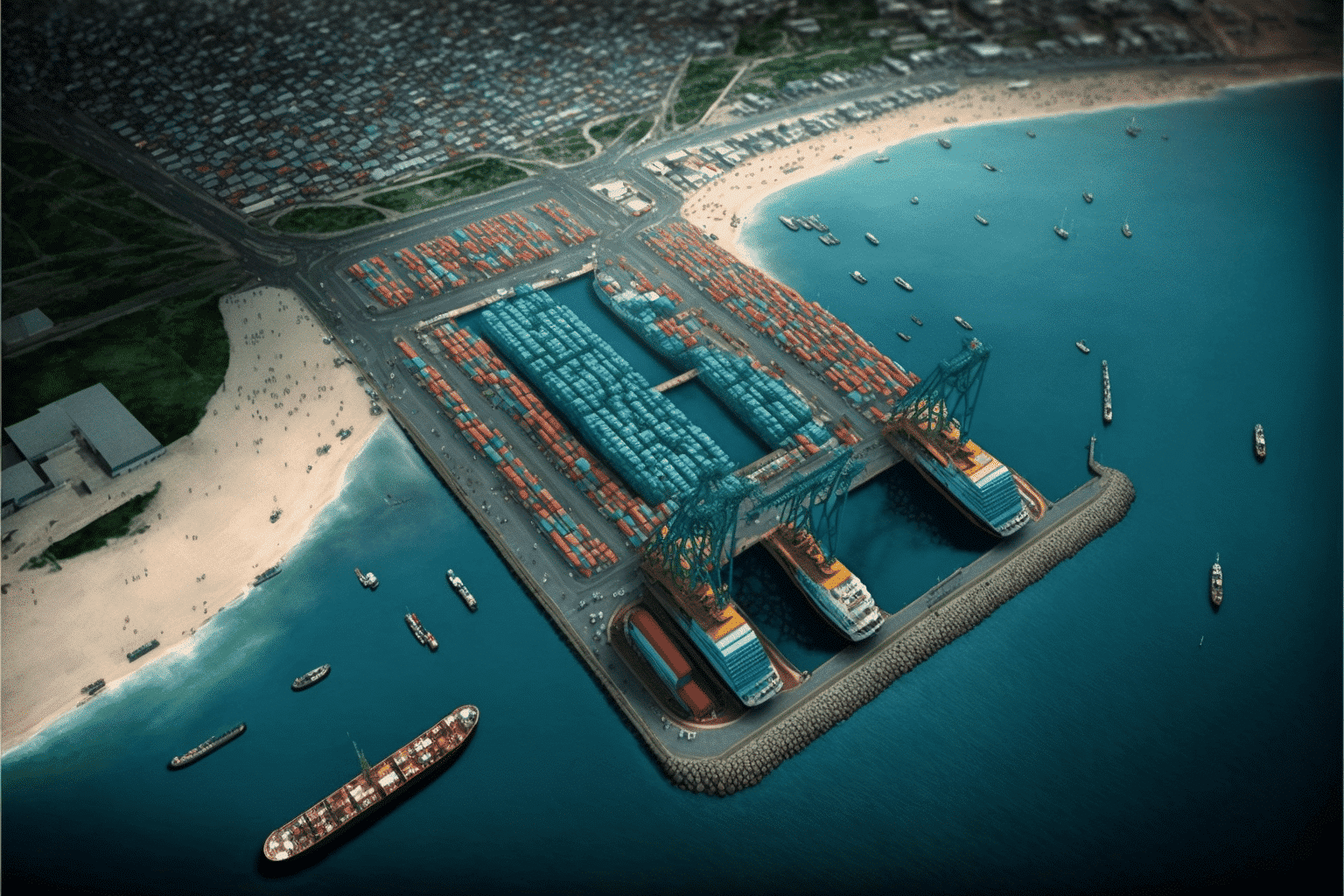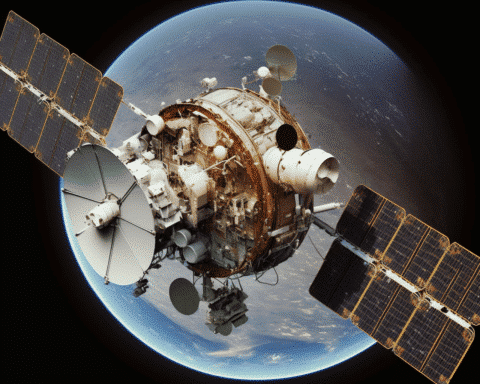The President of Nigeria, Muhammadu Buhari, opened the Lekki Deep Sea Port in Lagos, which is a $1.5 billion Chinese-funded project.
A major West African port, the facility is expected to create hundreds of thousands of jobs and relieve congestion that costs billions of dollars each year.
Tolaram Group and China Harbor Engineering Company, a state-owned company, will operate the port jointly with the Nigerian government and Lagos State. The two foreign companies own 75% of the project.
The new deep seaport aims to divert traffic from congested ports and increase earnings with an estimated economic benefit of over $360 billion.
Nigeria’s economy will be significantly boosted by the Lekki Deep Sea Port by providing an efficient and reliable port infrastructure.
The port’s container terminal can handle at least 2.5 million 20-foot standard containers per year, which will greatly increase the country’s capacity to handle imports and exports.
The port is also expected to attract investment and promote regional industrial development.
The opening of the Lekki Deep Sea Port is seen as a significant step towards addressing Nigeria’s long-standing infrastructure challenges and creating a more conducive environment for economic growth.
The country’s economy has been stagnant for many years due to poor infrastructure and mismanagement.
However, with the opening of this new port, authorities hope to not only ease cargo congestion but also to attract more investment, create jobs, and promote industrial development in the region.
Despite the potential benefits of the Lekki Deep Sea Port, experts have raised concerns that it may only make a minimal difference in improving the economy if underlying issues still need to be addressed.
These include the need for more infrastructure connecting the port to inland areas and poor rail and road connectivity.
Economic analyst Ayotunde Abiodun of SBM Intelligence firm in Lagos said, “the automation of processes at the port must be prioritized.”
As a result of the Lagos Governor’s announcement, ships docking at the port can be up to four times the size of ships docking at Tin Can and Apapa ports, the other two Lagos ports.
Lagos and the entire country will benefit from the project, according to Chinese ambassador Cui Jianchun.
Despite these concerns, opening the Lekki Deep Sea Port is seen as a step forward in addressing Nigeria’s infrastructure challenges and promoting economic growth.
The port’s ability to handle larger vessels and increased capacity for imports and exports is expected to attract more investment and create jobs, ultimately benefiting the entire country.
However, it is important for the government and relevant authorities to address the underlying issues, such as poor rail and road connectivity and automation of processes, to ensure that the port can truly reach its full potential.
The Chinese Ambassador to Nigeria, Cui Jianchun, said that the Lekki Deep Sea Port is important for the Governor of Lagos and the Federal Republic of Nigeria as a whole.
He emphasized that the port is an equity of investment, rather than a loan or borrowing, and will be a key driver of the economy.
Nigeria’s economy has been struggling with a high unemployment rate of 33%, reduced earnings from crude oil, and a lack of foreign direct investments.
With the help of international lenders and funders, the government has been able to accelerate the economic growth of the country through critical projects, such as this one with China, a country that has invested in other important infrastructure, such as railways and airports.
Economic analyst Ayotunde Abiodun of SBM Intelligence firm in Lagos said that the port has “immense potential” for the economy of Nigeria.
However, for the port to reach its full potential, there needs to be interagency engagement on important issues affecting industry operators and a shift in focus from revenue generation to value service delivery.
The Lekki Deep Sea Port is a significant investment that is expected to play a vital role in boosting Nigeria’s economy by providing an efficient and reliable port infrastructure for trade and commerce.
The port is seen as a step forward in addressing the country’s long-standing infrastructure challenges and creating a more conducive environment for economic growth.
However, it is important for the government and relevant authorities to address underlying issues such as poor rail and road connectivity and automation of processes to ensure that the port can truly reach its full potential.
In an interview with Bloomberg, Chinese Ambassador Cui Jianchun said the investment is not a loan, not a borrowing, but equity investment, which will drive economic development throughout Nigeria.




